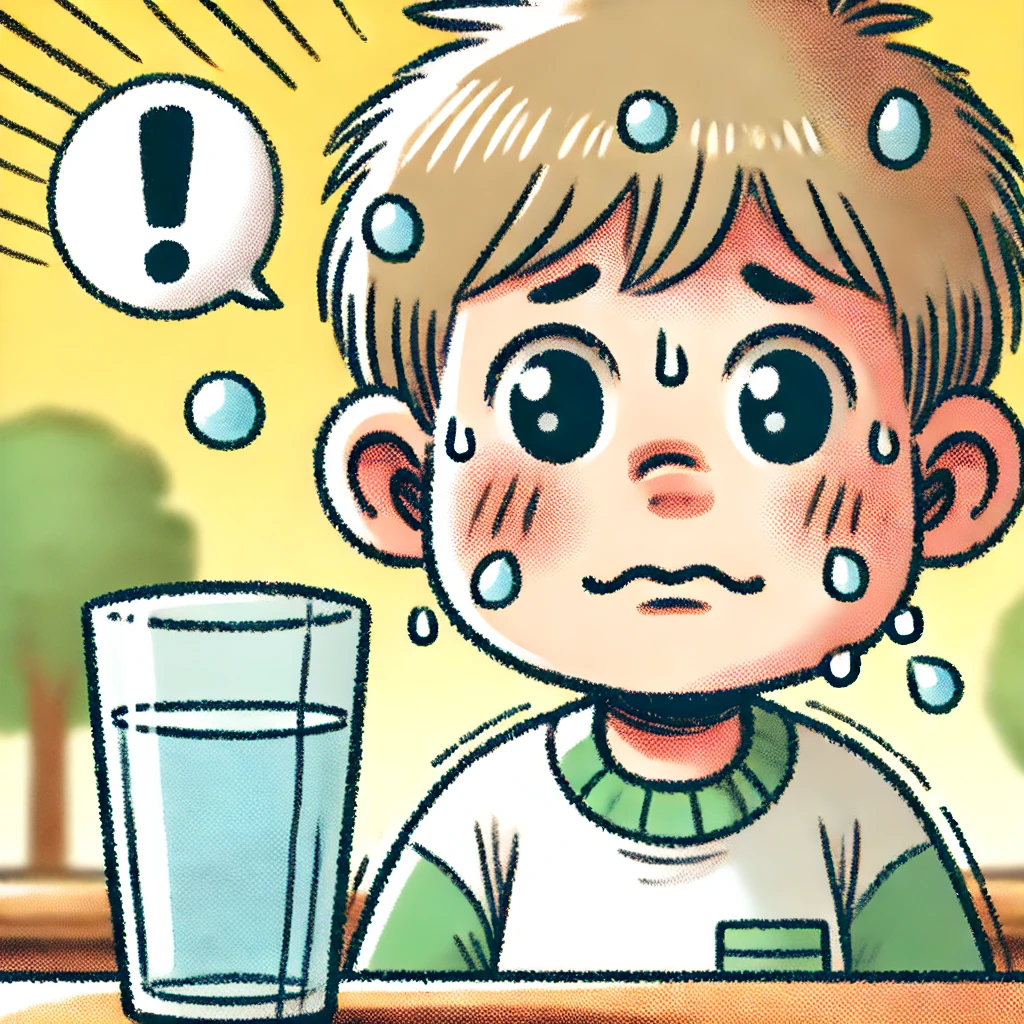Why does our mouth feel dry when we’re nervous?

When we feel nervous or anxious, our body triggers a physiological process called the “stress response.” This response is mainly controlled by the sympathetic nervous system, part of the autonomic nervous system, which causes several changes in the body, such as increased heart rate, elevated blood pressure, and faster breathing.